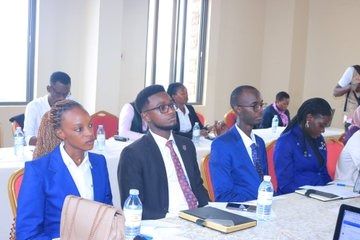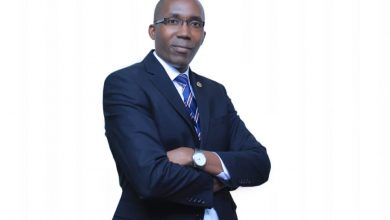Civil societies demand reforms to safeguard workers, communities and environment
Herbert Kafeero the programs manager at SEATINI Uganda, echoes these concerns, pointing out that the Investment Code Act 2019 is already outdated, in light of emerging local, regional, and global investment trends.

A coalition of civil society organizations is calling for urgent reforms to Uganda’s Investment Code Act of 2019, arguing that the current law is out of touch with today’s business environment and fails to protect vulnerable groups like workers, local communities, and the environment.
The group, led by SEATINI-Uganda, highlights the need for an investment framework that ensures economic growth while safeguarding social and environmental rights.
“The laws in place are heavily skewed in favor of attracting investors, often at the expense of local communities, workers, and the environment,” said Jane Nalunga, Executive Director of SEATINI-Uganda.
“We need to rethink how we balance economic development with the rights of those directly impacted by investments.”
Herbert Kafeero the programs manager at SEATINI Uganda, echoes these concerns, pointing out that the Investment Code Act 2019 is already outdated, in light of emerging local, regional, and global investment trends.
“It’s clear that the existing legal framework has not kept pace with the evolving investment landscape. The gaps are glaring, and if left unaddressed, they could lead to more violations of economic and social rights.”
One of the core arguments from the coalition is the protection of workers, especially in sectors like agriculture and mining, where labor abuses have been reported.
Joseph Byomuhangi, the project coordinator at the Uganda Consortium on Corporate Accountability, describes rampant rights violations by investors in flower farms and mining sites.
“Workers in these industries are often subjected to poor working conditions, and entire communities are displaced by large-scale agricultural and mining projects without adequate compensation,” he added.
Byomuhangi warns that if the investment code Act isn’t amended, Uganda risks exacerbating issues like land dispossession, environmental degradation, and the exploitation of marginalized communities.
“The law has to ensure not only the attraction of investment but the protection of Ugandans from the negative impacts of these projects.”
The civil society groups argue that investment laws should promote inclusivity, ensuring that all categories of citizens, especially the marginalized, benefit from foreign direct investments (FDI).
“We cannot talk about job creation without talking about the quality of those jobs and the protection of workers’ rights,” said Nalunga. “Economic growth cannot happen in isolation from community welfare.”
With growing pressure from organizations and the public, the spotlight is now on lawmakers to reconsider how investment policies can be revised, to foster sustainable growth that benefits all Ugandans.
The push for reform is seen as a crucial step in ensuring that Uganda’s investment climate remains competitive while aligning with the broader goals of social and environmental justice.






